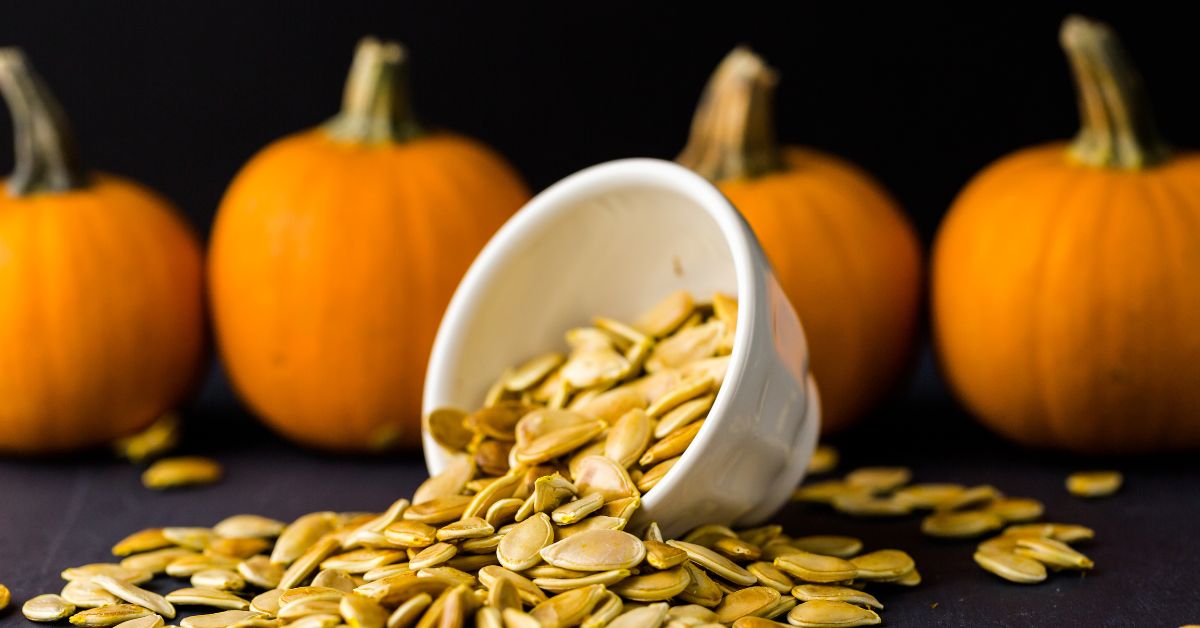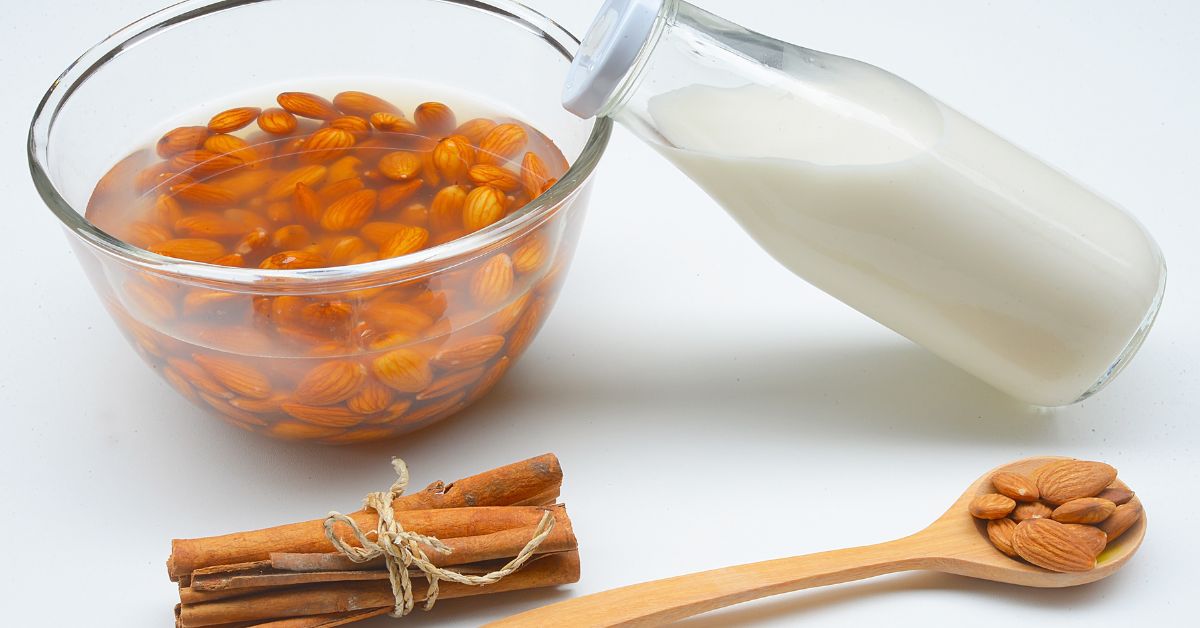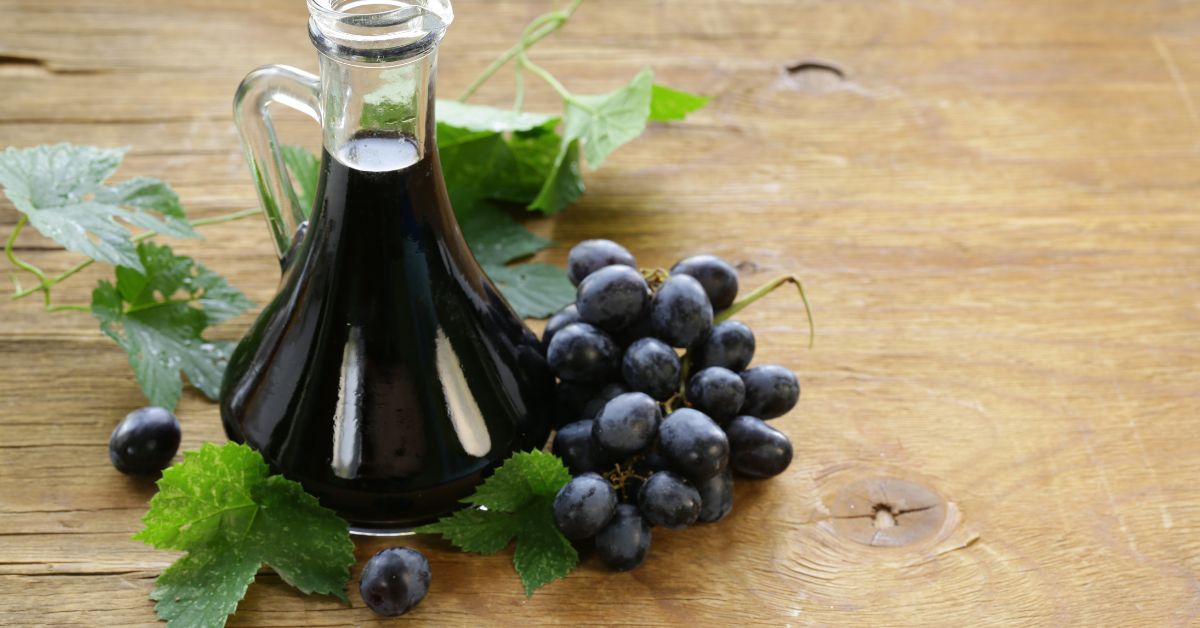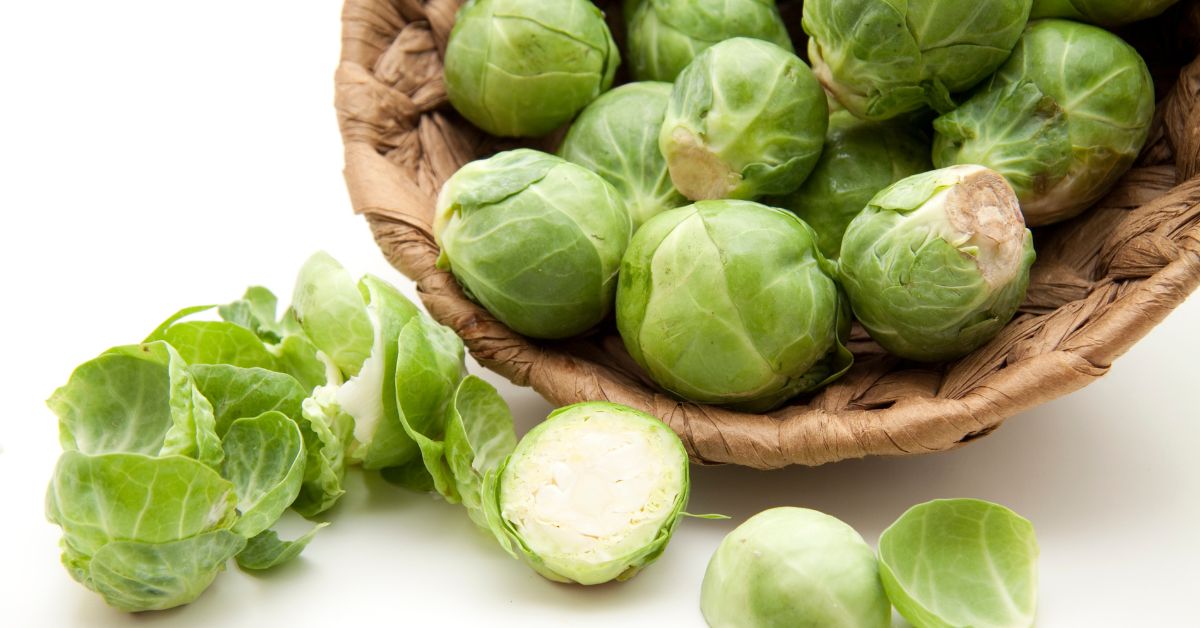Due to the increasing Air pollution and irregular changes in the environment, we often have the problem of cough. which has the greatest impact on our respiratory system. Excessive mucus production caused by respiratory diseases like the common cold, bronchitis, and chest congestion can lead to breathing difficulties and discomfort. To alleviate these symptoms, people often use expectorants. Expectorants are substances that help to thin and loosen mucus in the respiratory passages, making it easier to expel.
There are many medicines available in the market there is a growing interest in natural alternatives due to concerns about certain medications’ side effects. Today We will talk about some Natural Expectorants that help to solve this problem. There are some foods and herbs in our house that we can use to solve this problem, so today we will talk about some of those foods and herbs and how they can be used, their benefits as well as their side effects.
What are Expectorants?
Expectorants are medications or natural substances that aid in the expulsion of mucus and other secretions from the respiratory tract. They are commonly used to alleviate symptoms of respiratory conditions like coughs, colds, bronchitis, and respiratory infections. Expectorants work by thinning and loosening mucus in the airways, making it easier to cough up and clear from the lungs. Here’s how expectorants help:
- Thinning Mucus: Expectorants, such as guaifenesin, work by increasing the hydration of mucus. This makes the mucus less viscous or thick, allowing it to flow more easily.
- Loosening Mucus: As mucus becomes thinner, it also becomes less sticky and adherent to the airway walls. This change in consistency makes it easier for the body to move and expel mucus through coughing.
- Cough Productivity: Expectorants improve the effectiveness of the cough reflex. When mucus is thinner and less sticky, coughing becomes more productive in clearing the airways. This can provide relief from congestion and help prevent complications such as respiratory infections.
- Improved Breathing: By reducing mucus buildup and congestion in the airways, expectorants can alleviate symptoms such as chest tightness and wheezing, leading to improved breathing.
- Relieving Congestion: They can be beneficial for easing chest and nasal congestion, making it easier to breathe.
- Treating Respiratory Infections: Natural expectorants are often used to alleviate symptoms of respiratory infections like colds, flu, or bronchitis.
- Managing Allergies: People with allergies may also benefit from expectorants, as they help reduce phlegm production triggered by allergic reactions.
- Improving Lung Health: Regular use of natural expectorants may help maintain healthy lung function and reduce the risk of lung infections.
It’s important to note that expectorants should be used as directed by a healthcare professional or following the instructions on the medication label.
11 Best Natural Expectorants
1. Honey
Uses: Honey is a popular natural expectorant with soothing properties. It can help ease throat irritation and reduce coughing, making it easier to expel mucus.
How to Use: Mix a teaspoon of honey with warm water or herbal tea. Consume this concoction a few times a day. You can also try adding a dash of lemon juice for added benefits.
Side Effects: Honey is generally safe for adults and older children. However, it should not be given to children under the age of one due to the risk of botulism.
Health Benefits: In addition to its expectorant properties, honey has antimicrobial and antioxidant effects, which can support overall health.
2. Ginger
Uses: Ginger has anti-inflammatory properties and can help relax airway muscles, reducing coughing and promoting mucus expulsion.
How to Use: You can make ginger tea by steeping fresh ginger slices in hot water. Add honey and lemon for added benefits.
Side Effects: Ginger is safe for most people when consumed in moderation. However, it may cause mild digestive upset in some individuals.
Health Benefits: Ginger is also known for its digestive benefits and anti-nausea effects, making it a versatile remedy.
3. Turmeric
Uses: Turmeric contains curcumin, which has anti-inflammatory and antioxidant properties. It can help reduce airway inflammation and mucus production.
How to Use: Mix a teaspoon of turmeric powder in warm milk or water and consume it before bedtime. Turmeric supplements are also available.
Side Effects: Turmeric is safe for most people. However, very high doses may cause digestive discomfort or interact with certain medications.
Health Benefits: Turmeric has a wide range of potential health benefits, including anti-inflammatory effects and antioxidant properties.
4. Steam Inhalation
Uses: Inhaling steam can help relieve chest congestion and ease breathing by loosening mucus in the airways.
How to Use: Boil water and pour it into a bowl. Lean over the bowl, covering your head and the bowl with a towel, and inhale the steam for 10-15 minutes. Be cautious to avoid burns.
Side Effects: Steam inhalation is generally safe but can cause burns or scalds if not done carefully.
Health Benefits: Apart from being an expectorant, steam inhalation can help with nasal congestion and sinus issues.
5. Peppermint
Uses: Peppermint contains menthol, which acts as a natural decongestant. It can help relax the airway muscles, making it easier to cough up mucus.
How to Use: Prepare peppermint tea by steeping dried peppermint leaves in hot water. Drink this tea several times a day.
Side Effects: Peppermint is safe for most people, but it may cause heartburn or allergic reactions in some cases.
Health Benefits: Peppermint is also known for its ability to alleviate digestive discomfort and soothe headaches.
6. Eucalyptus Oil
Uses: Eucalyptus oil has antimicrobial and anti-inflammatory properties, making it useful for relieving chest congestion and promoting mucus clearance.
How to Use: Add a few drops of eucalyptus oil to a bowl of hot water. Inhale the steam by covering your head and the bowl with a towel.
Side Effects: Eucalyptus oil is generally safe when used for inhalation. However, it should not be ingested, as it can be toxic.
Health Benefits: Eucalyptus oil is also used in aromatherapy to alleviate symptoms of respiratory conditions like sinusitis and bronchitis.
7. Lemon
Uses: Lemon is a natural source of vitamin C and citric acid. It can help break down mucus and boost the immune system.
How to Use: Squeeze fresh lemon juice into warm water and drink it. You can also add honey for flavor and additional benefits.
Side Effects: Lemon is safe for most people but can cause tooth enamel erosion if consumed in excess.
Health Benefits: Lemon is well-known for its immune-boosting properties and its role in promoting overall health.
8. Garlic
Uses: Garlic contains allicin, a compound with antibacterial and antiviral properties. It can help alleviate symptoms of respiratory infections and reduce mucus production.
How to Use: Incorporate raw garlic into your diet or take garlic supplements. You can also make garlic tea by steeping garlic cloves in hot water.
Side Effects: Garlic is safe for most people but can cause digestive discomfort or allergic reactions in some cases.
Health Benefits: Garlic is widely recognized for its potential to support the immune system and promote heart health.
9. Onion
Uses: Onions contain quercetin, an antioxidant that can help reduce inflammation and mucus production in the airways.
How to Use: Include raw or cooked onions in your meals, or prepare onion tea by steeping onion slices in hot water.
Side Effects: Onions are safe for most people but can cause digestive discomfort and allergic reactions in some individuals.
Health Benefits: Onions are not only expectorants but also provide a wide range of health benefits, such as antioxidant effects and potential anti-inflammatory properties.
10. Licorice Root
Uses: Licorice root contains compounds that can help soothe respiratory inflammation and reduce mucus production.
How to Use: Prepare licorice root tea by steeping licorice root in hot water. It is available as a herbal supplement as well.
Side Effects: Licorice root is generally safe for most people. However, excessive consumption can lead to high blood pressure and low potassium levels.
Health Benefits: Licorice root is known for its potential to alleviate respiratory issues and digestive discomfort.
11. Thyme
Uses: Thyme has antibacterial and antifungal properties and can help ease chest congestion and coughing.
How to Use: Make thyme tea by steeping thyme leaves in hot water. Thyme essential oil can also be used for steam inhalation.
Side Effects: Thyme is safe for most people but may cause allergic reactions in some cases.
Health Benefits: Thyme is recognized for its potential to alleviate symptoms of respiratory conditions like bronchitis and bronchial inflammation.
Conclusion
Natural expectorants offer a holistic approach to managing respiratory symptoms by aiding the body’s natural mechanisms for clearing mucus. These remedies are generally safe and often come with additional health benefits. However, individual reactions can vary, so it’s essential to use them in moderation and consult a healthcare professional if you have concerns or underlying health conditions.
Always be cautious when using essential oils and herbal supplements, and ensure they are safe for your specific health circumstances. Integrating these natural expectorants into your diet and daily routines can provide relief from respiratory discomfort while supporting your overall well-being. As with any home remedy, it’s advisable to consult with a healthcare provider, particularly if your symptoms persist or worsen.
Questions & Answers
How to remove mucus from the lungs naturally?
To naturally remove mucus from the lungs, you can follow several strategies.
- Stay Hydrated: Drinking plenty of fluids, especially warm water and herbal teas, helps thin mucus, making it easier to expel.
- Steam Inhalation: Inhaling steam from a bowl of hot water can loosen mucus and soothe the airways.
- Saltwater Gargle: Gargling with warm salt water can help clear mucus from the throat.
- Honey and Lemon: Mixing honey and lemon in warm water can have a soothing effect and help reduce mucus.
- Use a Humidifier: A humidifier in your room can keep the air moist, making it easier to breathe.
- Herbal Remedies: Herbs like ginger, eucalyptus, and peppermint can have decongestant properties.
- Stay Active: Gentle physical activity can promote mucus clearance.
However, if mucus is excessive or persistent, it’s crucial to consult a healthcare professional, as it could be a sign of an underlying health issue.
What foods increase mucus levels?
Foods that can increase mucus levels typically include dairy products, such as milk, cheese, and yogurt. These foods contain a protein called casein, which may stimulate the production of mucus in some individuals, contributing to congestion or throat discomfort. Additionally, highly processed and sugary foods can trigger mucus production in some people. Spicy and hot foods might also lead to an increase in mucus, as they can cause the body to produce more mucus as a protective response to the perceived irritation. However, it’s important to note that these effects can vary among individuals, and dietary triggers for increased mucus aren’t universal.
Which fruits are not good for cough?
Certain fruits may exacerbate cough or throat irritation due to their acidity or potential to trigger allergies. Citrus fruits like oranges and grapefruits are known for their acidity, which can irritate the throat. Pineapple, with its bromelain enzyme, can also have a similar effect. Additionally, some people may be sensitive to fruits like strawberries, which can cause allergic reactions and worsen cough in those with allergies. If you have a cough or throat irritation, it’s wise to avoid or limit these fruits temporarily and opt for non-acidic, soothing options like ripe bananas, pears, or cooked apples.










